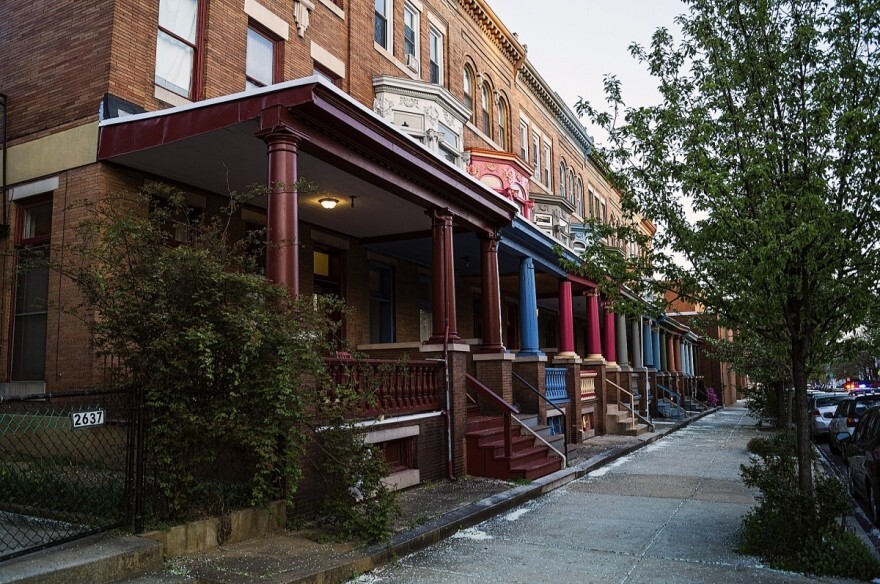A year before the pandemic hit, Nilcy Majtzhul Alvarado left Guatemala to build a life in the U.S. with her husband and two young children.
It was a hopeful start. Her husband found stable work, as a full time construction worker. They found an apartment to rent in Langley Park, Prince George’s County.
Then the pandemic came, and Majtzhul Alvarado said “everything fell apart.”
Speaking through a translator from CASA, Majtzhul Alvarado said her husband’s company reduced his hours. Then the company shut down, leaving him out of work.
Her family had some savings which helped them get by, but eventually those savings ran out.
“We needed to go get food boxes from the food bank,” she said.
Majtzhul Alvarado is glad that schools are back in-person, where her 11-year-old daughter and five-year-old son can eat lunch.
“We’re just having to look for every single resource to survive,” she said.
Majtzhul Alvarado’s family has also been unable to get unemployment benefits.
They also applied for rental assistance from the county in June, but are still waiting on assistance.
Majtzhul Alvarado said she was able to stay housed because of an executive order by Gov. Larry Hogan, which halted evictions for tenants who couldn’t pay rent because of COVID. That order, which took effect shortly after the pandemic began, expired in August.
“I have six months of rent debt right now,” Majtzhul Alvarado said. “And I fear that if the extensions of the eviction blocks are not there, then I will be one of the first to get to court.”
Still, Majtzhul Alvarado said she has some hope. She teamed up with some of her neighbors in the apartment complex, who are also behind on rent and not getting unemployment benefits.
They approached the owners of the complex to explain their situation. The owners agreed that as long as the tenants applied for rental assistance and their applications are pending, they won’t get evicted.
“But I know a lot of people that are on the verge of being evicted are not in that same situation,” Majtzhul Alvarado said. “So we are going to fight for them. We are asking for the eviction protections for them.”
CASA, an advocacy group for Latinos and immigrants, is holding a rally Friday evening at Annapolis along with various other advocacy groups, to call on Hogan to reinstate an eviction moratorium. They’ll be sleeping overnight at St. Anne’s Church, near the Maryland State House.
Cathryn Paul, the government relations and public policy manager at CASA, said renters like Majtzhul Alvarado could have a very long road ahead.
Paul said many of the tenants CASA works with have “worked tirelessly” their entire lives. They’re not used to being behind on rent or being out of work. And the pandemic is especially hard for undocumented immigrants, who are not eligible for unemployment benefits.
“The recovery period for Black and Brown renters in particular is going to be much longer,” she said.
Even if Majtzhul Alvarado gets rental assistance, she’s not sure how much it will help her in the long term. Her family is in debt by about $8,000.
Paul said she hopes legislators will enact long term protections for renters that did not come to pass in the last session.
“There is no question that the General Assembly did not fulfill their responsibilities to tenants,” Paul said.
But Paul hopes the governor will take more immediate actions, like reinstating an eviction moratorium, and funding access to counsel legislation that took into effect Friday.
“The stakes of being evicted are extremely heavy right now, because not only is it getting cold, but people are getting sick,” she said. “We really feel that Governor Hogan has abandoned renters during this time, and we're asking him now to do the right thing.”
Paul hopes Friday night’s rally will add pressure on the governor, and empower those who want to share their stories.
“We’ll be just sharing fellowship with each other and making sure that people know that there is a humongous community that is fighting for renters every single day,” she said.
As of Friday, state data shows 23% of about $401 million in federal emergency rental assistance funds have gone to renters.



